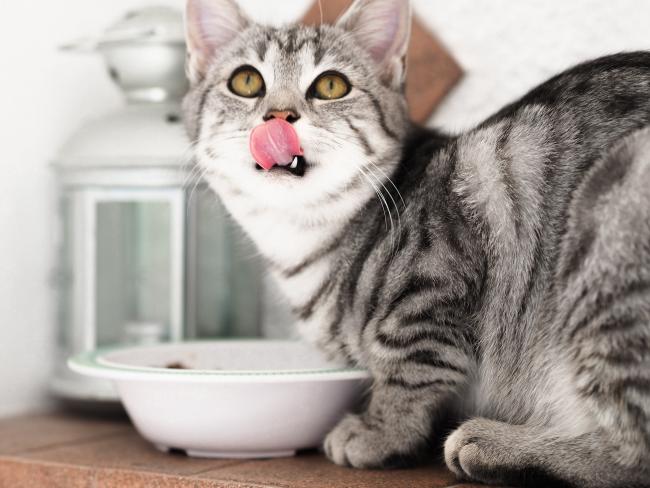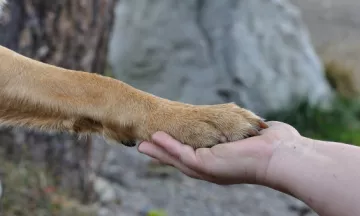What is parvovirus in cats and dogs?
You may have heard of cases of 'parvo' recently reported in cats and dogs around Australia.
To explain, parvo, or parvovirus, is a contagious disease that can infect both cats and dogs. Alarmingly, the virus itself is extremely tough and can survive on surfaces for months, even after washing with detergent.

How do pets catch parvovirus?
Canine and feline parvovirus are similar as both are transmitted through direct contact, or through contact with the faeces of an infected pet. Consequentially, the disease can be picked up through surfaces, soil, bodily fluids, food bowls, toys or items that have traces of the virus on them.
What are the symptoms of parvovirus?
It's important to note that not all pets show all of these symptoms, and you should always contact your vet anyway if you see the following:
- Vomiting
- Weight loss
- Smelly diarrhoea
- Loss of appetite
- Lethargy
- Fever
- Seizures
In most cases, the virus attacks the cells of the bone marrow and intestinal tract, leaving the body unable to fight off other infections. In rarer cases, there is a strain that can affect the cardiac system of puppies. Consequentially, the diagnosis of parvovirus can be tricky as the symptoms are similar to other diseases.
Is parvovirus in cats and dogs the same?
- Feline parvovirus (FVP) is unique to cats and leads to a disease known as Feline panleukopenia virus.
- For dogs, there are actually two types of canine parvovirus (CPV-1 and CPV-2, with several variants of CPV-2).
The difference between strains of the virus can be a little confusing, but don't worry too much about this. Instead, just remember to visit your vet if you suspect your pet could be infected.

Can I get parvovirus from my pet?
Human beings cannot catch parvovirus from a cat or dog. Additionally, dogs cannot catch parvovirus from cats. However, there is a strain of the virus that cats can potentially catch from infected dogs.
What dogs and cats are at risk?
If your pet isn’t vaccinated, it is at a higher risk of infection. As such, younger unvaccinated pets are more vulnerable, but infection can happen at any age and to any breed.
Fortunately, it is possible that your pet may recover from the virus. But note that this is with an intensive week of treatment to replenish lost fluids, treat infections and manage vomiting and diarrhoea. In any case, if your pet survives this, a full recovery can take weeks.
How can I prevent my pet from getting the virus?
Firstly, the best way to prevent the virus in your pet is to make sure all vaccinations are up to date.
Secondly, if you're out on a dog walk, be sure to avoid any areas where there have been reported parvo cases. Carry your young puppy when at the park or at the vet until they are fully vaccinated.
And lastly, if you have had an infected pet in your home, wash down all hard surfaces with a solution of 32 parts water to one part bleach. Additionally, soak contaminated items in this solution, spray the soles of your shoes and throw away anything that can’t be disinfected.
It's crucial to share knowledge about this nasty virus, so inform your fellow dog and cat owners by sharing this article on Facebook.





